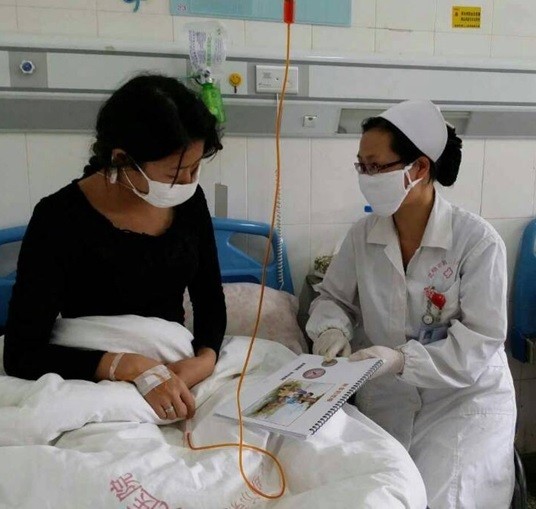Asia Regional
- History
- Our Work
- Lower Mekong Initiative (LMI)
- Newsroom
- Reports and Publications
- Transforming Lives
- Careers
- Partnership Opportunities
- Business Opportunities

Countries in Asia continue to face challenges with controlling the spread of infectious diseases including HIV, avian influenza, malaria and tuberculosis (TB), which cross national boundaries. Southeast Asia in particular is susceptible to new diseases and drug resistant strains of TB and malaria. Food insecurity also persists in Asia, which is home to nearly two-thirds of the world’s poor.
USAID helps countries stop the spread of HIV by implementing replicable prevention, care and treatment model programs that target most-at-risk populations in Laos and Thailand. USAID helps Asia-Pacific countries address the spread of TB and multidrug-resistant (MDR) TB by scaling up new diagnostic tools; providing technical assistance to strengthen lab systems; training national and non-governmental staff in MDR-TB and TB case management; introducing new drugs; and advancing operational research on the implementation of new approaches and tools, especially in border areas. Through the President’s Malaria Initiative (PMI), USAID implements programs to address drug-resistant malaria by providing insecticide-treated nets and increasing access to high quality case management through village malaria workers at communities and health facilities. Through USAID/PMI support, six countries in the region have an established surveillance network to monitor anti-malarial drug resistance to inform treatment policies and guidelines. USAID builds on accomplishments in the effort to combat avian influenza by strengthening the ability of countries to detect and contain emerging infectious disease—at their source in animal reservoirs—before such pathogens threaten global public health. USAID also works to reduce stunting in children and improve household nutrition, water, sanitation and hygiene practices in Laos.
For more information on our projects, please click here.







Comment
Make a general inquiry or suggest an improvement.